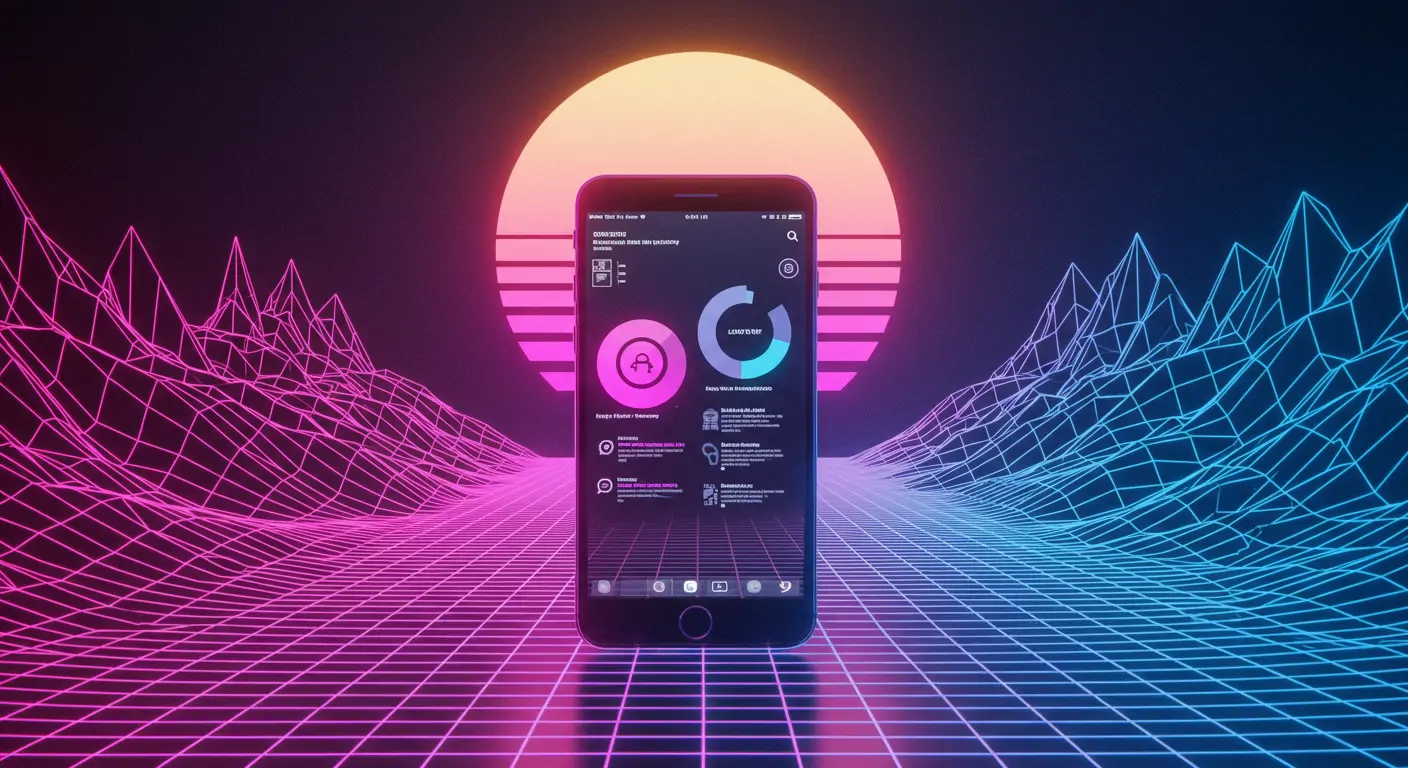Introduction: Why This Matters Now
AI agents are rapidly transforming mobile app development. Recent studies show that as of Q1 2025, 74% of development companies have integrated AI agents into their workflows, accelerating project timelines by up to 40% (Gartner, 2025). This trend signals a major shift for app developers and founders, making AI integration crucial for staying competitive.
This article explores the impact of AI agents on mobile app development, focusing on the current state, key drivers, real-world applications, industry implications, and future predictions. Estimated read time: 12 minutes.
The Current State: What's Happening Right Now
In 2024, Google announced updates to its Android Studio, incorporating AI-driven code suggestions, reducing errors by 35%. Apple followed suit with Swift AI, enabling developers to automate predictive features. By 2025, AI-enhanced tools have become essential, with companies like GitHub Copilot leading the charge, boasting a 60% adoption rate among developers (Statista, 2025).
Traditional approaches struggle to keep pace as these AI agents optimize time-consuming processes, such as debugging and feature testing, which previously took up 30% of app development time. The AI-driven approach is more efficient, enhancing app quality and reducing time to market significantly.
Key Drivers: What's Fueling This Trend
Driver 1: Technological Advancements
Advancements in AI and machine learning have made it possible for AI agents to handle complex coding tasks. In 2024, MIT researchers developed a neural network capable of predicting coding errors with 86% accuracy, significantly reducing manual debugging efforts.
Driver 2: Economic Pressures
Increasing competition and rising development costs push companies towards AI. McKinsey reports indicate that AI integration reduces development costs by up to 20% while simultaneously improving app performance and user engagement.
Driver 3: User Demand for Innovation
Consumers expect faster, smarter apps, driving developers to adopt AI for innovation. In 2024, a survey by Deloitte found that 68% of users abandon apps due to lack of innovative features, urging developers to leverage AI for creativity in app design.
Caption: Data visualization
Real-World Impact & Case Studies
Case Study 1: Snap Inc.
Snap Inc. integrated AI agents for their augmented reality features in 2024, resulting in a 25% increase in user engagement and a 15% reduction in development time. Their AI-driven image recognition feature is a standout success, offering users real-time interactive experiences.
Case Study 2: Spotify
Spotify utilized AI to enhance their app’s recommendation engine, improving user retention by 12% in 2025. The AI-driven model analyzes user behavior more accurately, providing personalized playlists that resonate with listeners.
Industry Implications
For Developers
- Mastery of AI tools like TensorFlow and PyTorch is essential.
- Opportunities abound in AI-specialized roles.
For Businesses
- Incorporating AI is strategic, offering differentiation.
- Provides a competitive edge through automation and innovation.
For Investors
- AI-driven startups present lucrative opportunities.
- Invest wisely; consider market trends and AI adoption rates.
Challenges & Criticisms
Despite its advantages, AI in app development faces criticisms. Concerns about job displacement linger, with 30% of developers worried about automation (Forrester, 2024). Additionally, ethical issues around AI decisions in app functionality must be addressed, ensuring transparency and trust.
Future Outlook: What's Next
In the next 6-12 months, expect further AI integration in app security, enhancing user data protection. Long-term, AI will likely revolutionize user interface design, offering hyper-personalized experiences that adapt in real-time. Key milestones include AI-driven app development conferences in 2025, showcasing the latest advancements.
Frequently Asked Questions
- How are AI agents changing app development timelines?
- What skills should developers focus on for AI integration?
- Are there ethical concerns with AI in app development?
- What industries are most affected by AI-driven apps?
Conclusion: Key Takeaways
- AI agents significantly reduce app development time and cost.
- Developers and businesses must adapt to leverage AI benefits.
- Ethical considerations and skill enhancement are crucial.
To stay informed, explore more about AI advancements in mobile app development through industry webinars and courses.




